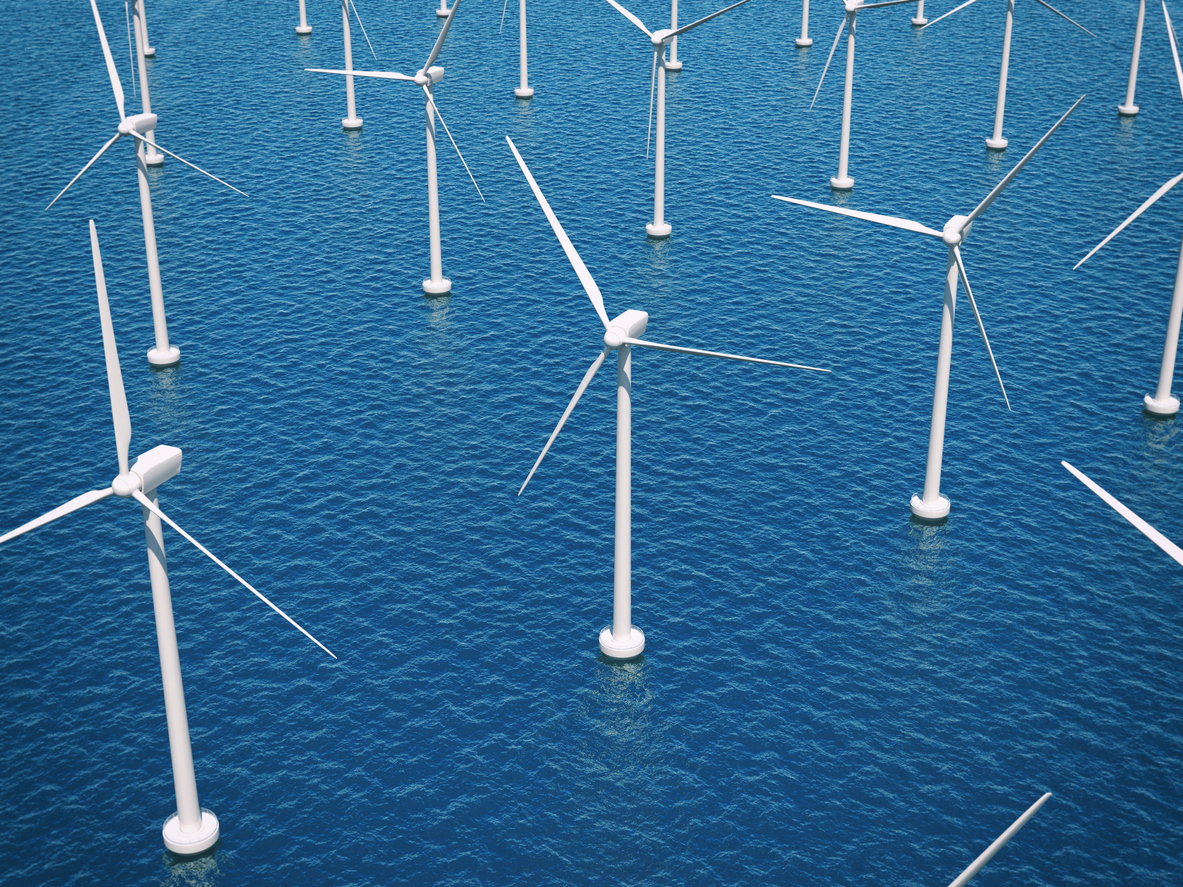
Ocean Wealth
In recent years, the ocean has produced US $2.5 trillion in goods and services each year, and the asset value of the ocean has been estimated at US $24 trillion.
Many ocean-based industries have the potential to outperform the growth of the global economy, both in terms of additional value and employment. Unsustainable human activity—in the ocean and on land—is threatening the ocean’s ability to regenerate and sustainably provide for people around the world. We must transform our relationship with the ocean to ensure that it can continue to produce sustainably for future generations.
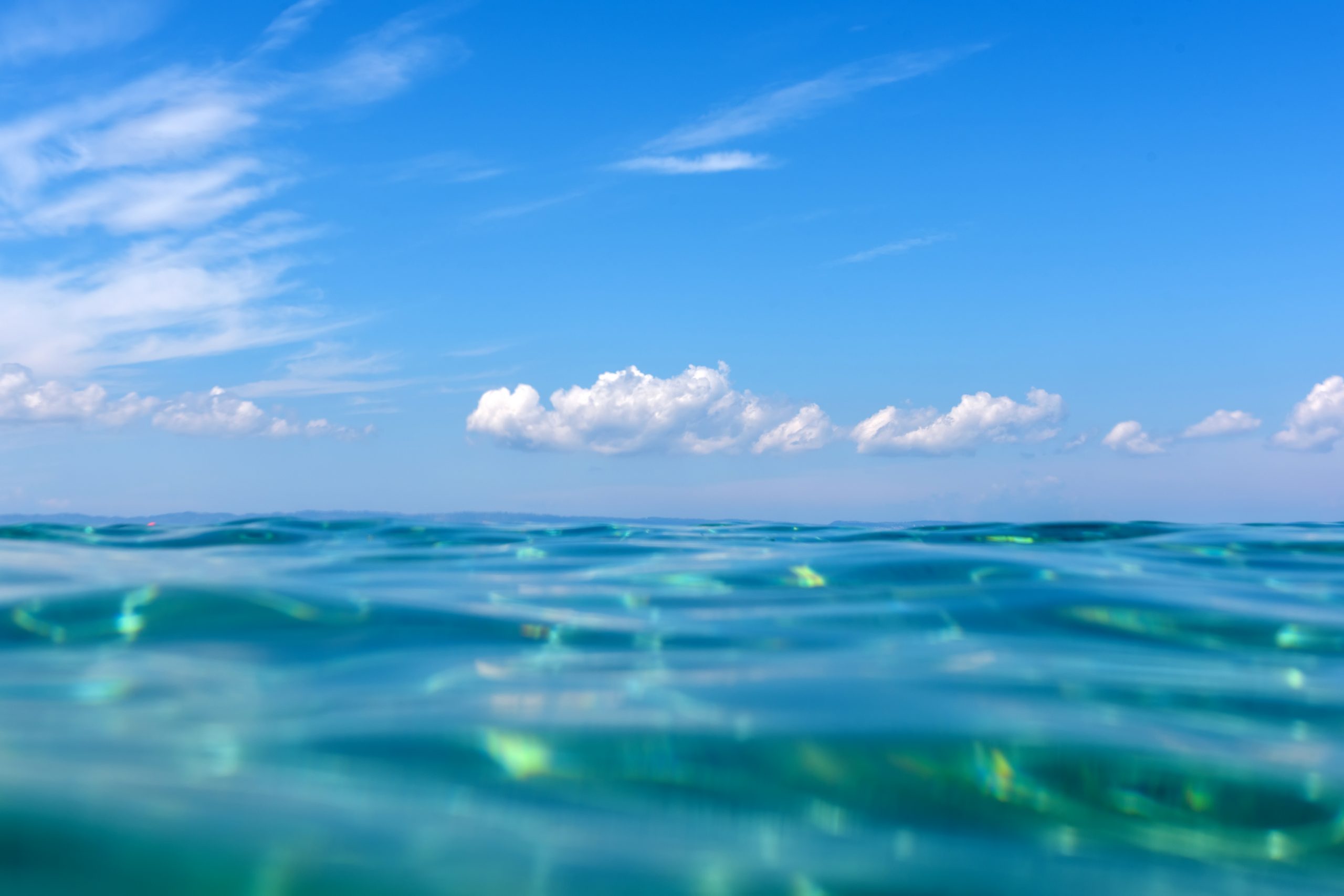
Ocean food plays a critical role in feeding global populations. It supplies an essential and accessible source of animal protein and micronutrients, which are particularly important in low-income, food-deficit countries and Small Island Developing States and during times of economic or environmental crisis.
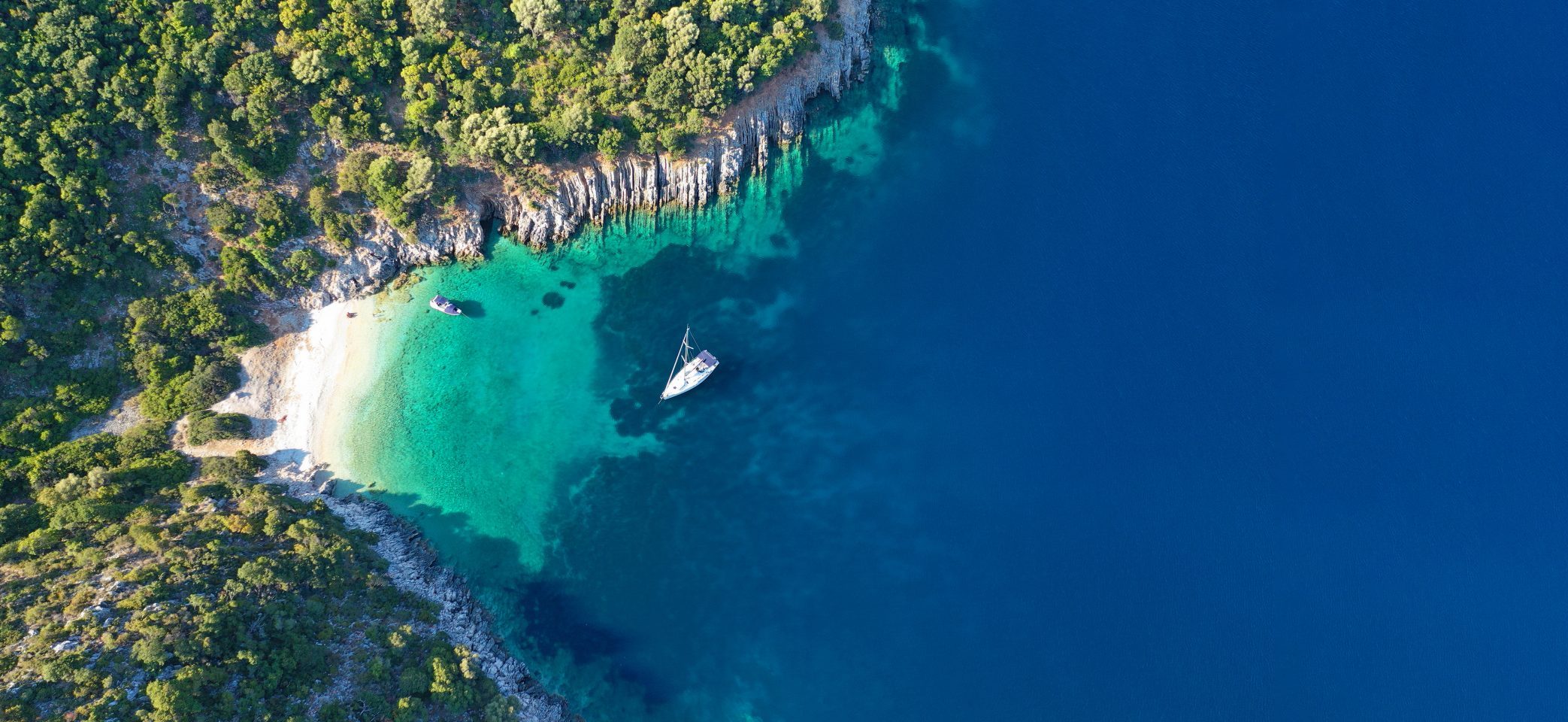
The ocean can provide more abundant and diverse food than it currently does, thereby playing a bigger role in the global food system.
To build resilience, ocean food production must meet national and local needs and be adapted to a changing climate.
Doing so can enhance food security, improve nutrition, human health and well-being, create sustainable economic growth and jobs and prevent the widening of current inequities. This transition must include increased transparency in global ocean governance and supply chains and the elimination of inefficiencies and perverse incentives that undermine the sustainability of the food we derive from the ocean.
We must seize opportunities to sustainably increase fisheries productivity and aquaculture production, including by strengthening opportunities for coastal communities, Indigenous Peoples, artisanal and small-scale fishers.
Wild fish stocks are restored and harvested at sustainable levels, aquaculture is sustainably grown to meet global needs, and waste is minimised and managed throughout the value chain.
Eliminate illegal, unreported and unregulated fishing by incentivising the use of the latest innovations and technologies — such as digital traceability — to increase transparency; strengthening monitoring, control and surveillance; improving flag state control; effectively implementing the Port State Measures Agreement; and enabling enhanced collaboration amongst all stakeholders in the supply chain.
Prohibit harmful fisheries subsidies that contribute to overcapacity, overfishing, and illegal, unreported and unregulated fishing.
Minimise bycatch, discards and waste in seafood supply chains.
Develop, adopt and effectively implement science-based plans to rebuild depleted stocks, and ensure adaptive fisheries management to respond to climate change and the uncertainties of shifting ocean ecosystems, based on the UN Fish Stocks Agreement, in cooperation with multilateral bodies such as the Food and Agriculture Organisation and regional fisheries management organisations, and implement FAO’s Voluntary Guidelines to Ensure Sustainable Small-Scale Fisheries.
Strengthen regional fisheries management organisations, including by promoting the use of a precautionary approach, management that controls harvest levels based on scientific assessment, such as total allowable catch, meaningful consequences for exceeding quotas, and through regular and transparent performance reviews.
Explore in a precautionary manner the potential to sustainably harvest new species from the ocean, without undermining ecosystem health.
Put in place policies and management frameworks to minimise the environmental impacts of aquaculture, including inefficiencies in the feed supply chain, and enable the acceleration of fed and non-fed aquaculture production that fits local environmental, governance and economic priorities.
The ocean holds tremendous potential to provide clean energy for the world.
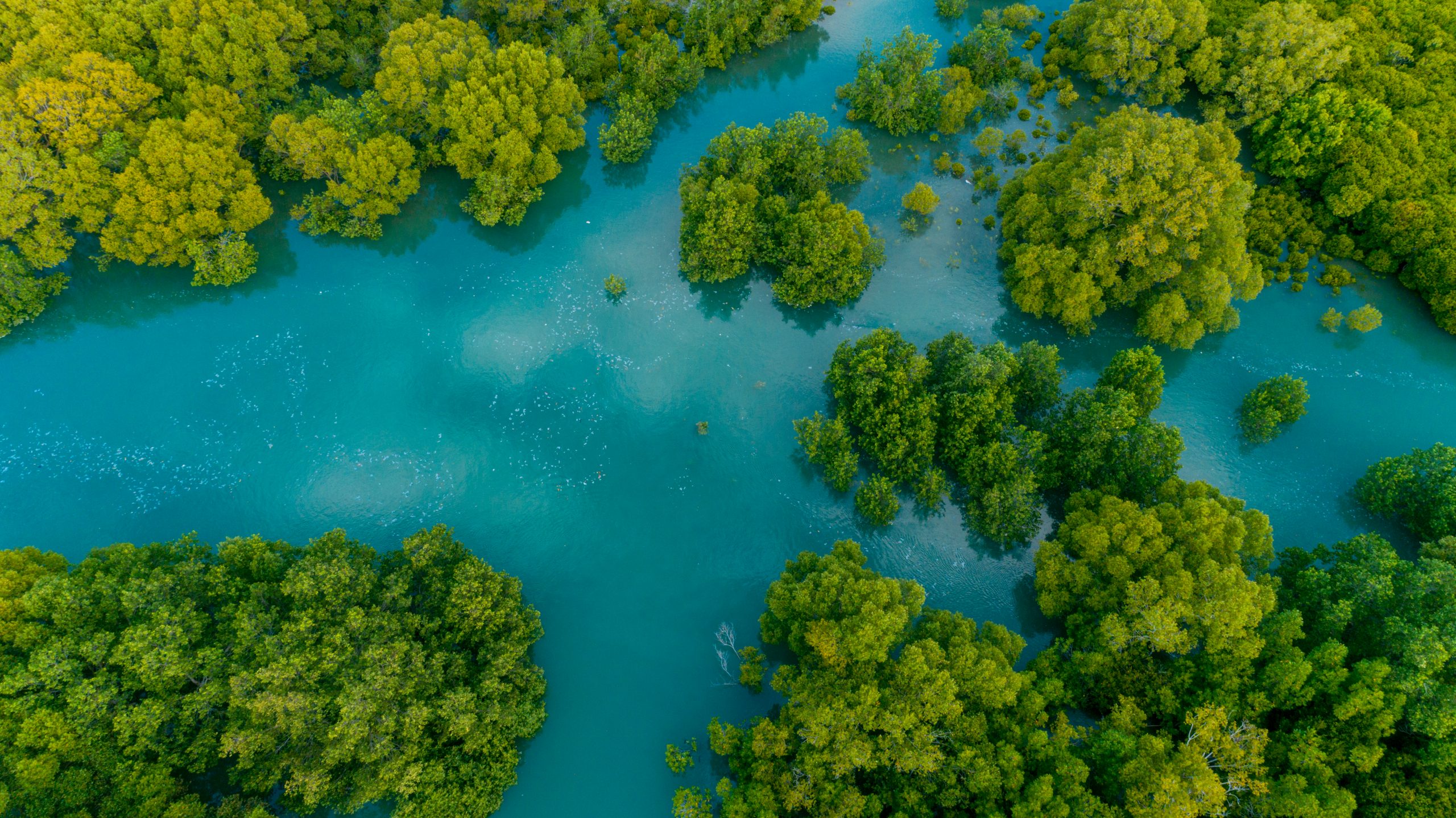
Scaling up ocean-based renewable energy will generate jobs and boost economic development while providing a pathway to decarbonisation.
An ocean-based renewable energy revolution is in the making, and recovery efforts provide an opportunity to increase investment over the coming years.
The pace and scope of development must match the state of the science, enable technology transfer and adoption, and minimise the impact on marine ecosystems to enable the delivery of sustainable ocean-based energy.
Ocean-based renewable energy is fast-growing, and on the path to becoming a leading source of energy for the world.
Invest in research, technology development and demonstration projects to help make all forms of ocean-based renewable energy — including wind, wave, tidal, current, thermal and solar — cost-competitive, accessible to all and environmentally sustainable.
Work collaboratively with industry and other stakeholders to develop clear frameworks addressing environmental impacts of ocean-based renewable energy, enabling capacity, co-existence and integration with other uses of the ocean.
Set clear goals, commit to deliver appropriate policy and regulatory measures, and remove market impediments in order to accelerate sustainable ocean-based renewable energy deployment.
Before the COVID-19 pandemic, tourism was projected to become the single-largest ocean-based industry by 2030.
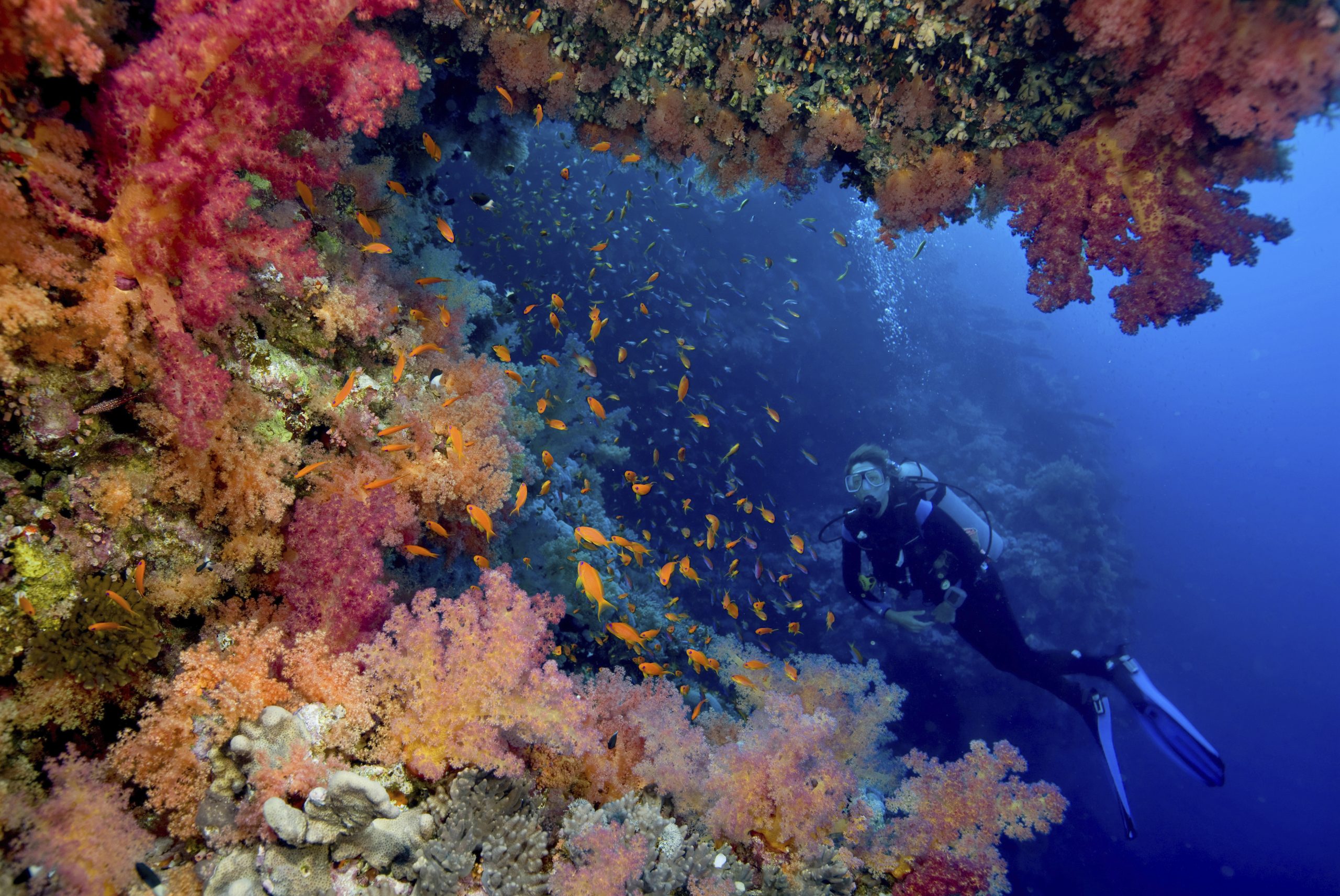
Tourism has been one of the sectors hardest hit by the COVID-19 pandemic worldwide.
At the same time, coastal and marine tourism remains vital to the economic prosperity of island and coastal communities.
The continued viability of this sector remains at risk from climate change, disasters, pollution, urbanisation and ecosystem degradation.
Sustainable ocean-based tourism can restore and protect the ocean while delivering jobs and prosperity.
Achieving sustainable ocean tourism that can withstand future crises requires strategic public and private investments.
Coastal and ocean-based tourism is sustainable, resilient, addresses climate change, reduces pollution, supports ecosystem regeneration and biodiversity conservation and invests in local jobs and communities.
Invest in sustainable tourism that regenerates the ecosystems on which it depends, builds the resilience of coastal communities and Indigenous Peoples, reduces inequality through promoting equal opportunity and equitable distribution of benefits and addresses climate change and pollution.
Implement sustainable tourism management strategies that advance environmental, social and economic priorities and enable monitoring and transparent reporting with the full participation of coastal communities and Indigenous Peoples.
Implement mechanisms to increase the reinvestment of tourism revenue into local and indigenous communities to build capacity and skills for increasing local employment in tourism, diversify economic opportunities and increase resources for coastal and marine restoration and protection.
Accelerate financial incentives for including nature-based solutions in sustainable tourism infrastructure.
Invest in sewerage and wastewater infrastructure for coastal and marine tourism to improve the health of coastal communities and reduce the impacts on coastal and marine ecosystems.
Shipping, the most energy efficient form of transport, is vital to international trade and connectivity as it continues to move over 90% of global goods.

Maintaining global supply chains will be critical to support recovery from the COVID-19 pandemic and future crisis.
Technology to decarbonise and minimise the negative environmental impacts of marine transport exists but must be brought to scale.
To ensure the industry is resilient, we must move decisively towards reducing greenhouse gas emissions by investing in solutions now to support rapid decarbonisation.
Such investments will create jobs and build connectivity and the long-term resilience of global supply chains and island and coastal communities to future crises.
Shipping investments have effectively accelerated the shift towards zero-emission and low-impact marine vessels.
Establish early national targets and strategies to support decarbonisation of vessels.
Stimulate the development and adoption of technologies for producing and storing new zero-emission fuels.
Incentivise sustainable, low-carbon ports that support the transition to decarbonised marine transport and shipping fleets through renewable energy and zero-carbon fuel supply chains.
Promote the transition of the global fleet to modern modes of propulsion and renewable fuels, including through strengthened regulations within the International Maritime Organization (IMO) and support technical cooperation for international capacity building.
Minimise the transfer of aquatic invasive species by ships through an effective IMO framework, including its robust implementation.
Apply the global regime for safe and environmentally sound recycling of ships.
Promote quiet vessel programs by ports in sensitive areas and incentivise the use of vessel-quietening technologies taking into account international guidelines.
Ban the use and carriage for use of heavy fuel oil in the Arctic through the IMO, and welcome other similar initiatives.
The ocean holds untapped opportunities to deliver medicines, animal feed, fuel, new materials and carbon-storage solutions, the need for which has been further evidenced and strengthened by the COVID-19 pandemic and its repercussions.
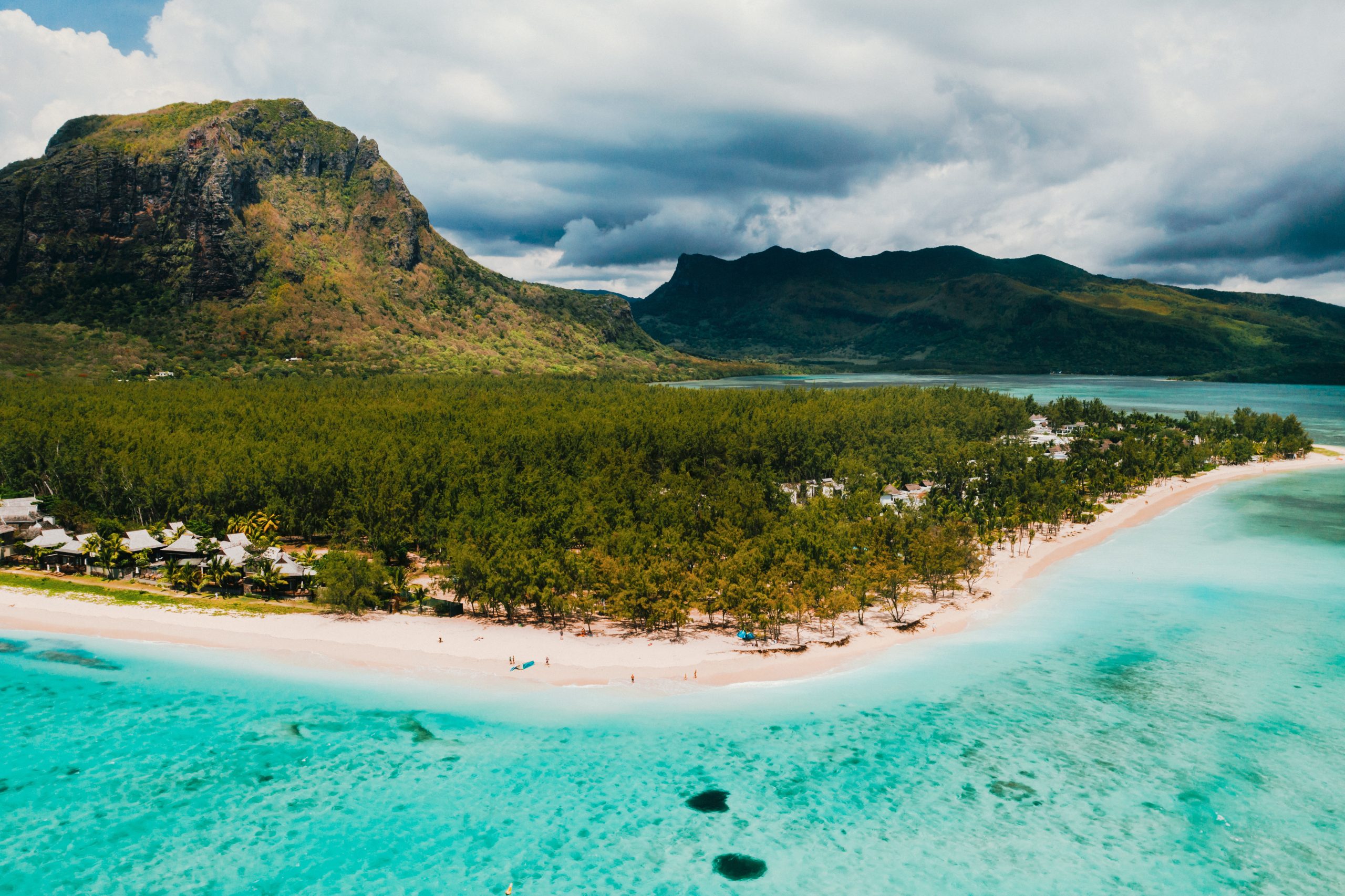
We need to innovate and invest to scale up these opportunities based on science and environmentally responsible practices.
Innovation and investments in new ocean industries have boosted environmentally responsible and inclusive economic growth.
Scale up environmentally responsible commercial farming of seaweed and algae to provide food and create alternatives for products such as fuels, aquaculture and agriculture feedstocks, biotech, and viable and sustainable plastic alternatives.
Explore and incentivise smart and sustainable cross-sectoral and co-located activities, such as ocean-based renewable energy sites to fuel zero-emission shipping and aquaculture farms.
Promote fair and equitable sharing of benefits from research and development from marine genetic resources within national waters.
Advance carbon capture and storage in the sub-seabed through international collaboration, appropriate incentives and mapping the storage potential of sub-seabed geological formations.
The deep ocean floor contains minerals that are useful for renewable energy technologies and may contribute to the transition to a low-carbon emission society.
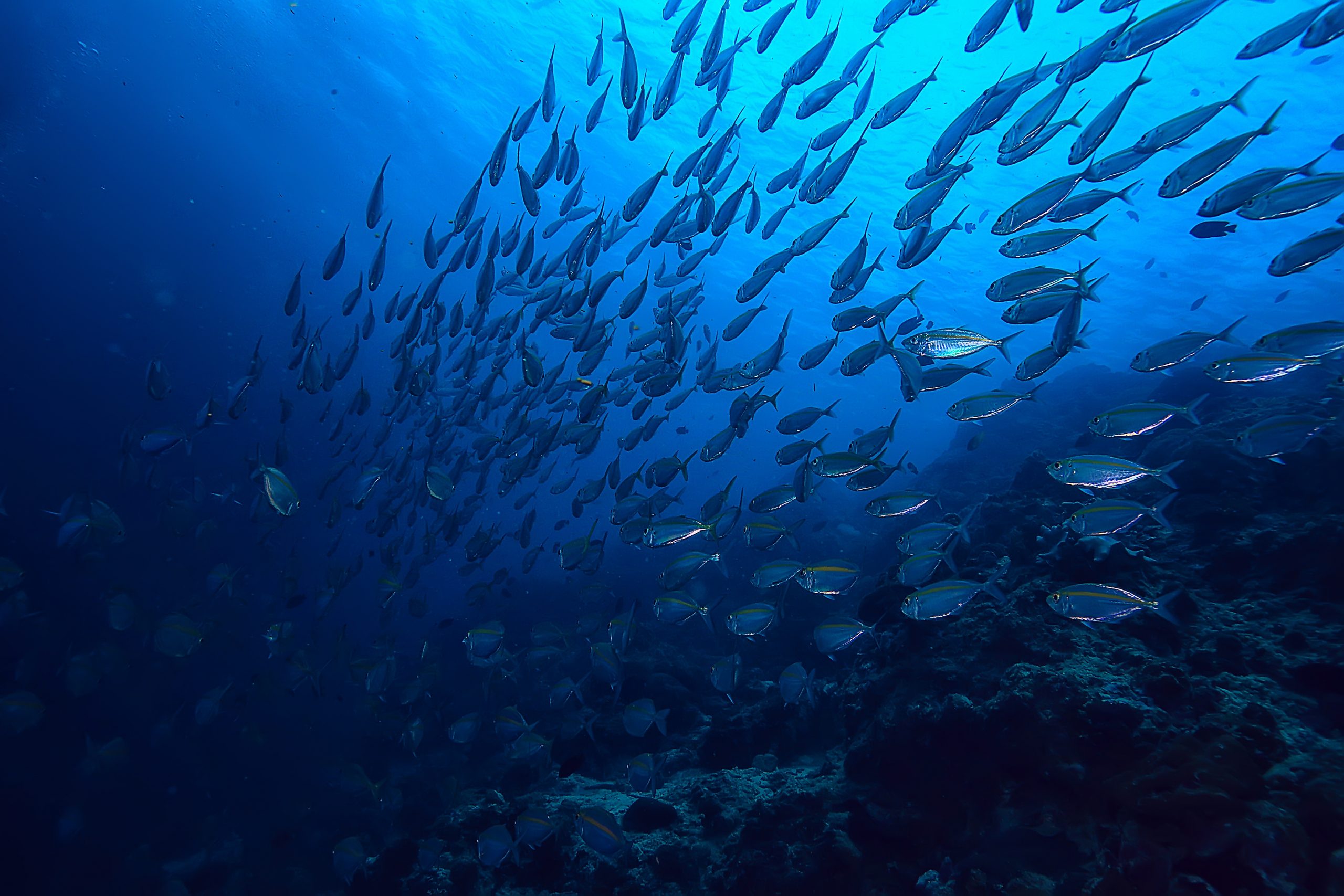
These areas are among the most isolated and poorly explored of all ocean ecosystems.
The sensitivity of these ecosystems, our insufficient scientific knowledge and our limited understanding of the potential impacts of emerging ocean activities requires applying a precautionary approach, undertaking research and investigation, and developing a circular economy to reduce demand and help mitigate these risks.
Sufficient knowledge and regulations are in place to ensure that any activity related to seabed mining is informed by science and ecologically sustainable.
Build partnerships to increase research, innovation and deployment of urban mining (reclaiming and recycling metals from spent products, buildings and waste), and of innovative technologies that will reduce the need for new sources of metals and rare earth minerals.
Initiate an international research agenda to improve understanding of the environmental impacts and risks of seabed mineral activities (especially regarding deep ocean ecosystems).
Ensure that regulations for seabed mineral mining—under development by the International Seabed Authority—provide effective protection of marine environments by applying a precautionary and ecosystem-based approach, using science-based and transparent management, and ensuring effective compliance with a robust inspection mechanism.
Ensure that all seabed mineral activities within and beyond national jurisdiction comply with robust environmental standards.
Promote the participation of scientists from developing countries in research and make the results from research and the analysis of research findings publicly available, including through the International Seabed Authority.



